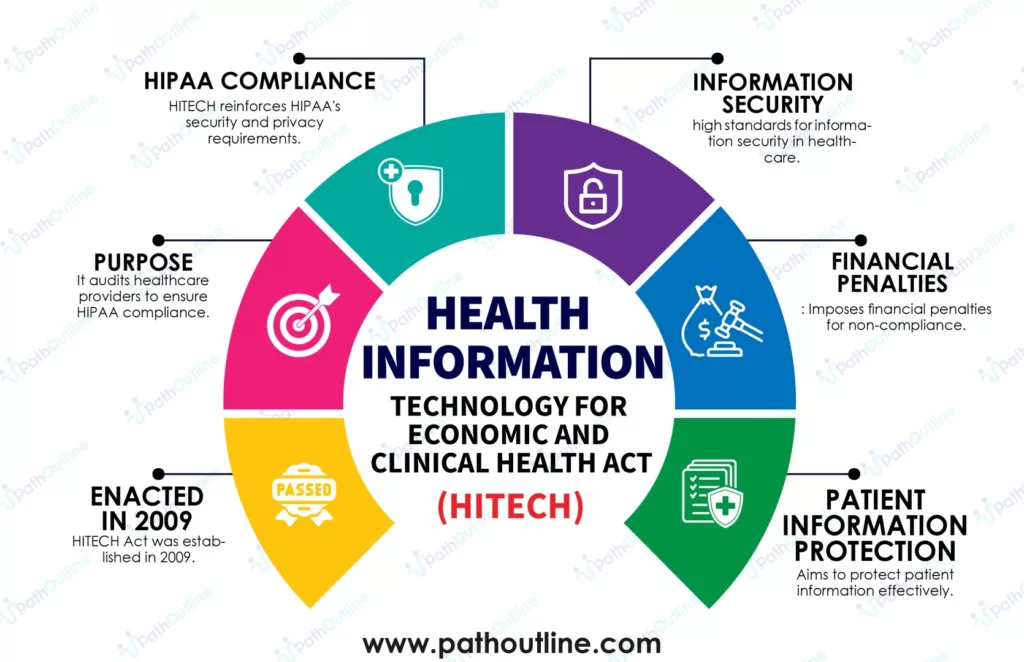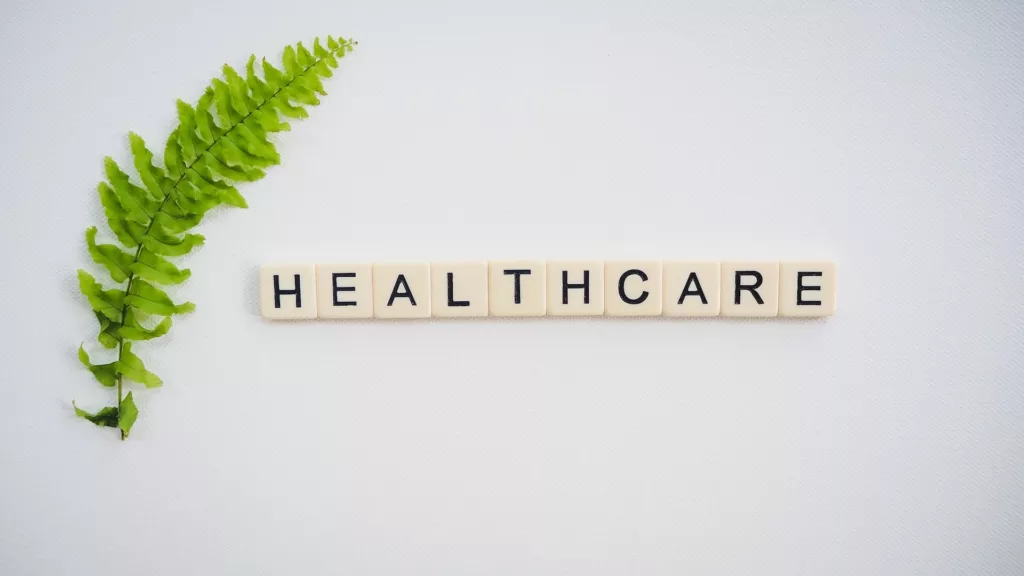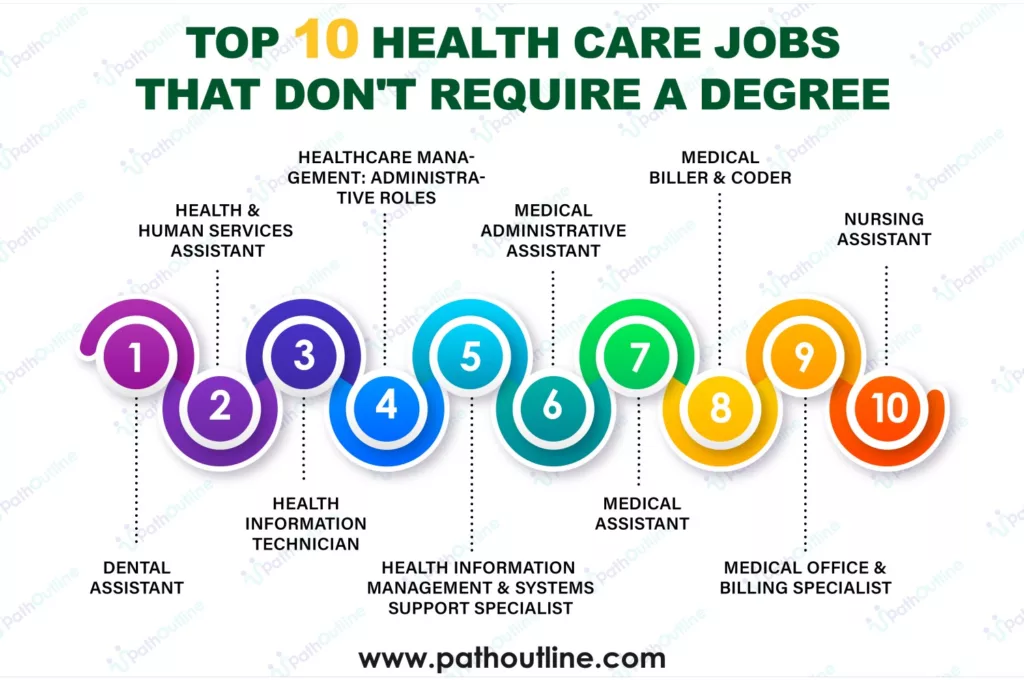The healthcare landscape is undergoing a transformative shift, driven by the increasing adoption of technology. At the heart of this transformation lies the Health Information Technology for Economic and Clinical Health (HITECH) Act, a pivotal piece of legislation enacted in 2009. But what exactly is the HITECH Act, and how has it impacted the way we receive and manage our healthcare?
Understanding the HITECH Act: More Than Just Technology
Often abbreviated as HITECH, this Act wasn’t solely about promoting fancy gadgets in medical practices. Its primary objective was twofold:
- Drive the adoption of electronic health records (EHRs): Imagine having your entire medical history, from childhood immunizations to recent test results, accessible in one secure, digital platform. That’s the power of EHRs, and HITECH incentivized healthcare providers to implement them, aiming to improve care coordination, reduce errors, and enhance patient engagement.
- Strengthen privacy and security of health information: As our health data migrates online, concerns about its protection naturally arise. HITECH addressed this by bolstering the existing Health Insurance Portability and Accountability Act (HIPAA) regulations. This included expanding HIPAA’s reach to third-party vendors who handle patient data, establishing breach notification protocols, and increasing penalties for non-compliance.
The Ripple Effect: How HITECH Transformed Healthcare
The HITECH Act’s impact extends far beyond simply digitizing medical records. Let’s delve into some of its key achievements:
Improved Care Coordination
With EHRs, healthcare providers can easily share patient information across different specialties and institutions, leading to more informed treatment decisions and reduced duplication of tests. Remember that time you had to explain your medical history to a new doctor for the umpteenth time? Those days are fading thanks to HITECH.
Enhanced Patient Engagement
Secure online patient portals, a direct result of HITECH, empower individuals to access their medical records, lab results, and medication lists. This transparency fosters a sense of ownership and encourages active participation in healthcare decisions. Imagine being able to review your test results online at your convenience instead of waiting for a phone call – that’s the power of patient engagement.
Stronger Data Security
The revamped HIPAA regulations mandated stricter data security measures for healthcare providers and their business associates. This means your health information is now better protected from unauthorized access, accidental disclosures, and cyberattacks. Think of it as an invisible shield safeguarding your sensitive medical data.
Public Health Insights
The improved flow of electronic health data has opened doors for public health research and surveillance. By analyzing anonymized data, researchers can identify disease trends, track outbreaks more effectively, and develop targeted interventions. This collective knowledge helps protect entire communities from health threats.
The Road Ahead: Building on the HITECH Foundation
While the initial financial incentives offered by HITECH have phased out, its core principles remain fundamental. As technology continues to evolve, the focus now shifts towards:
- Interoperability: Ensuring seamless data exchange between different EHR systems allows for even more comprehensive patient care, regardless of where they receive treatment. Imagine your medical records seamlessly following you across different states – that’s the future of interoperability.
- Artificial Intelligence (AI): Leveraging AI in healthcare has the potential to revolutionize everything from disease diagnosis to personalized treatment plans. HITECH laid the groundwork for responsible AI integration, ensuring these advancements prioritize patient safety and ethical considerations.
- Value-Based Care: Shifting the focus from volume to value in healthcare requires accurate data and robust analytics. The foundation laid by HITECH facilitates this transition, enabling providers to deliver high-quality, cost-effective care focused on patient outcomes.
The HITECH Act: A Milestone in Healthcare’s Digital Journey
By incentivizing EHR adoption and strengthening data security, the HITECH Act has played a pivotal role in ushering in a new era of healthcare. While challenges and opportunities remain, HITECH’s legacy serves as a solid foundation for building a more connected, data-driven, and patient-centered healthcare system for the future.
Remember:
- You can always consult your healthcare provider for more personalized information about your health records and how they are protected under HIPAA.
- Stay informed about advancements in healthcare technology and its impact on your care.
- Advocate for your data privacy and security. You have the right to know how your information is used and protected.
Together, we can leverage the power of technology, built on the foundation of HITECH, to create a healthier future for all.
Demystifying the HITECH Act: Frequently Asked Questions
The HITECH Act has brought about significant changes in healthcare, and naturally, questions arise. Let’s address some of the most common inquiries:
What is the full form of HITECH?
HITECH stands for the Health Information Technology for Economic and Clinical Health Act.
Is HITECH related to HITEC University?
No, HITECH and HITEC University are completely separate entities. HITEC University is a private institution in Pakistan offering programs in various fields, including technology.
Who is eligible for HITEC University?
Admission eligibility for HITEC University depends on the specific program you’re interested in. It’s best to visit their official website or contact their admissions department for detailed information.
What is the purpose of the HITECH Act?
HITECH had two main goals:
- Drive the adoption of electronic health records (EHRs): To improve care coordination, reduce errors, and empower patients.
- Strengthen privacy and security of health information: To safeguard sensitive data under HIPAA regulations.
How has HITECH impacted healthcare?
HITECH has led to:
- Improved care coordination: Easier information sharing between providers.
- Enhanced patient engagement: Secure online access to medical records.
- Stronger data security: Stricter measures to protect health information.
- Public health insights: Improved data flow for research and outbreak tracking.
Is HITECH still relevant today?
Yes, the core principles of HITECH remain crucial. The focus now shifts towards:
- Interoperability: Seamless data exchange between different EHR systems.
- Artificial intelligence (AI): Ethical integration of AI for diagnosis and treatment.
- Value-based care: Using data to deliver high-quality, cost-effective care.
Where can I learn more about HITECH?
- The Office of the National Coordinator for Health Information Technology (ONC): https://www.healthit.gov/
- The Department of Health and Human Services (HHS): https://www.samhsa.gov/resource/dbhis/office-assistant-secretary-preparedness-response
- Your healthcare provider: They can answer questions specific to your medical records and HIPAA rights.
Conclusion:
The HITECH Act has been a driving force in transforming healthcare into a more connected, data-driven, and patient-centered system. By understanding its purpose and impacts, we can actively participate in shaping the future of healthcare technology for the benefit of all. Remember, knowledge is power, and staying informed empowers you to make informed decisions about your health and data privacy.tunesharemore_vert


